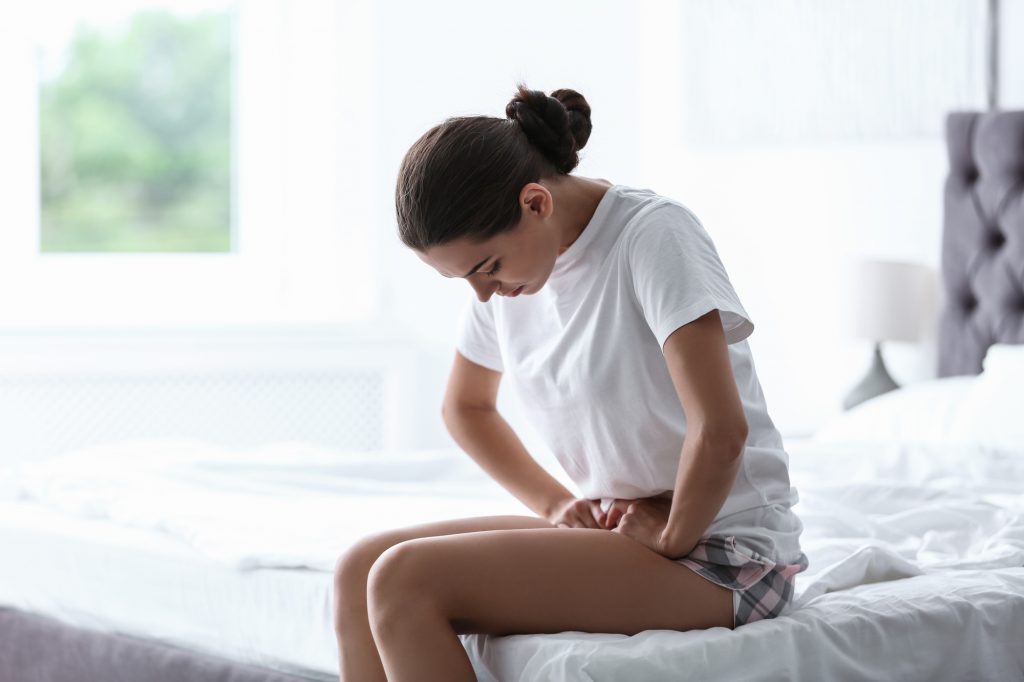Approximately 11 percent of women have endometriosis, and the majority of these women are in their thirties or forties. But, what is endometriosis?
In this condition, a tissue resembling the uterine lining grows where it shouldn’t, such as on the ovaries or cervix. Although it causes painful symptoms, they are often overlooked or brushed off as normal. However, learning endometriosis symptoms can help you get a proper diagnosis and find relief.
In this post, we’ll look at some signs of endometriosis and let you know what you should do if you have them. So, keep reading to learn more!
Painful Menstrual Cramps
One of the most typical symptoms of endometriosis is painful periods. But, of course, menstrual cramps can be the result of other conditions as well. Yet, if your cramps are so intense that they interfere with your daily routine or cause nausea, diarrhea, or vomiting, you should visit your doctor.
Heavy Periods
Another sign of endometriosis is heavy periods that may come more frequently or last longer than normal. Moreover, if you have endometriosis, you may also spot between periods.
Some experts recommend menstrual cups instead of traditional sanitary products for these reasons.
Pain During Intercourse
Women with endometriosis also find certain sexual positions painful, especially those with deep penetration. Moreover, endometriosis pain may increase around ovulation. As a result, women with this disease may have a harder time getting pregnant.
Infertility
Another one of the most common signs of endometriosis is infertility. Unfortunately, up to half of all women with infertility issues may have this condition, even if they have no symptoms.
Depression
Ladies with endometriosis are more likely to become depressed. However, this may result from the symptoms they experience, especially when infertility, painful intercourse, or menstruation problems cause them anxiety.
Bladder Problems
In addition to the most common signs of endometriosis, some women experience pain when urinating. Others find that they need to urinate more frequently than normal or with urgency.
Constipation and Diarrhea
Sometimes, endometriosis causes constipation and diarrhea, especially around a women’s period. In addition, since tissue may grow in the bowel, some women feel pain when passing gas or bowel movements.
Family History
In addition to the above symptoms of endometriosis, an indication that you may have the condition is if someone in your immediate family, such as your mother or sister, also has it.
And, some doctors believe that women with a family history of endometriosis are more likely to develop a serious case of the disease. So, if someone in your family has endometriosis, talk to your doctor and keep a close eye out for symptoms.
Don’t Overlook Your Endometriosis Symptoms!
If you have any of these endometriosis symptoms, don’t brush them off. Instead, talk to your doctor and ask them for advice on treating endometriosis causes. They may recommend medications, an endometriosis diet, or in severe cases, surgery.
Would you like to learn more health and wellness tips? If so, browse more of our content!
